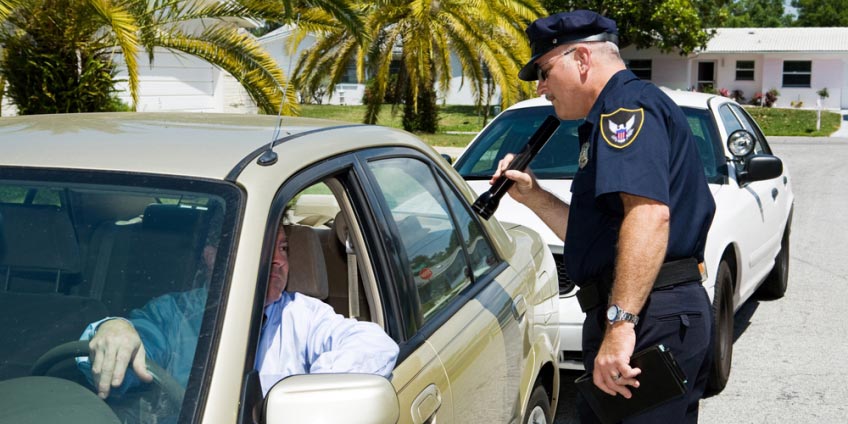Miami
Hialeah
Houston
- (305) 261-7000
- HABLAMOS:
 Español
Español
 Español
Español

The Fourth Amendment in the Constitution of the United States protects citizens against unlawful searches from any government agents. This amendment also protects any unlawful police search of cars. However, if in the process of a criminal case, the court finds out that any evidence was discovered during an unlawful police search of your vehicle, the evidence will be thrown out and the prosecution will not be allowed to use any evidence that was found during the unlawful police search. A search occurs when a government agent invades an area where there is reasonable expectation of personal privacy.
Law enforcement can ask for your consent to search your car if they do not have enough probable cause. It is up to you to give the consent or deny it, just keep in mind that the agent is not required to inform you that you have the right to refuse the consent. Agreeing to the consent for agents to search your car means that it was self-voluntary and that you were not pressured. You also have the right to give the consent to the agent but to limit where the agent it’s allowed to search, and at any given time that you want the agent to stop, you just need to say it and the agent will have to stop the search.
If government agents have enough probable cause, he or she can search your car without your consent. If you are not sure of what probable cause stands for, it is when the agents have a reason to believe that the car has evidence related to a crime. During a routine traffic stop the officer can develop probable cause to search a car. For example, after pulling over a car for any traffic violation, the police officer conducting the stop might notice that the driver of the vehicle matches the description given of someone suspected of stealing jewelry at a store. If the officer sees jewelry all over the car, it means that the officer has enough probable cause to detain the driver while he/she conducts an investigation and searches the car.
After a police officer conducts a lawful arrest, the law enforcement officer has the right to perform a warrant search on the individual that is being arrested and the immediate area around the arrested person before being arrested, for example, the car in which the person was traveling just before the arrest was made.
If you have been illegally searched, contact a Criminal Defense Lawyer from Gallardo Law Firm at (305) 261-7000.